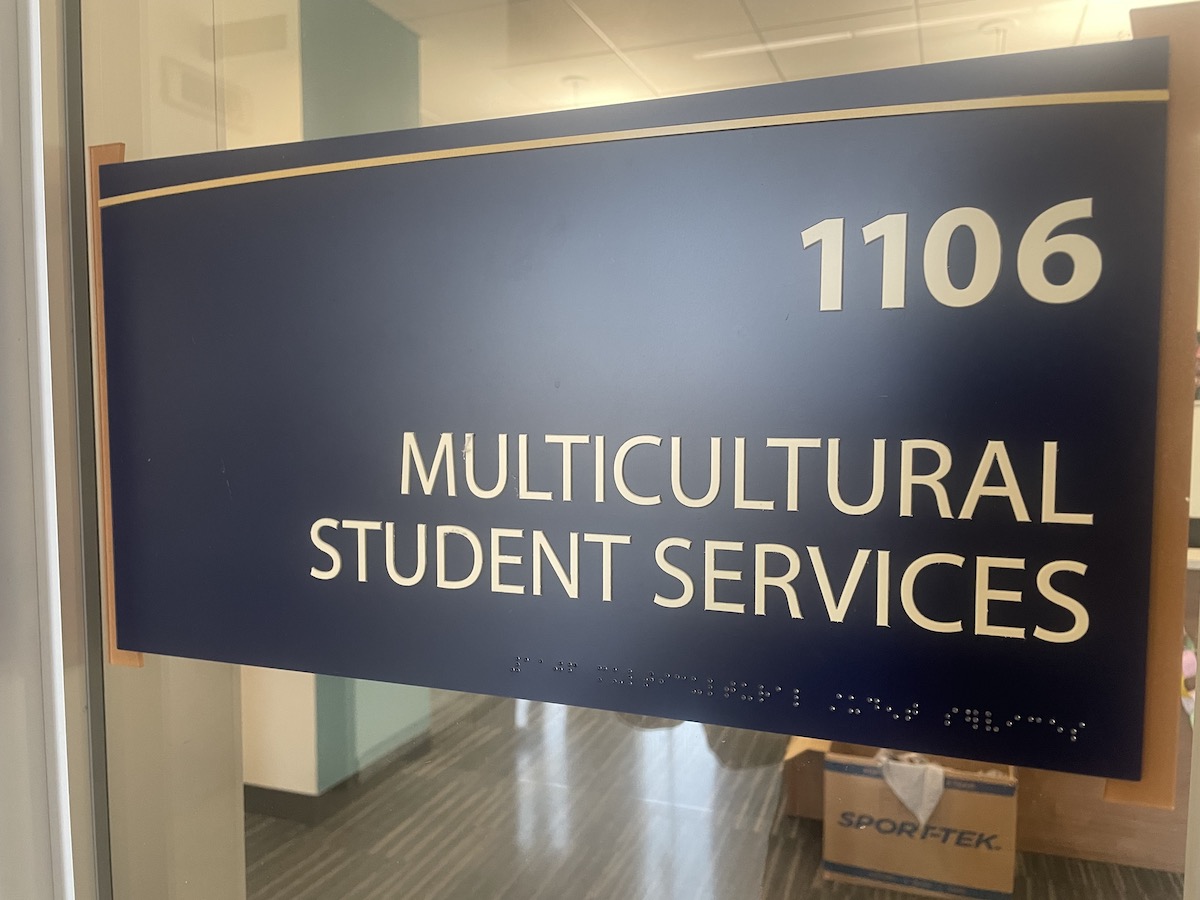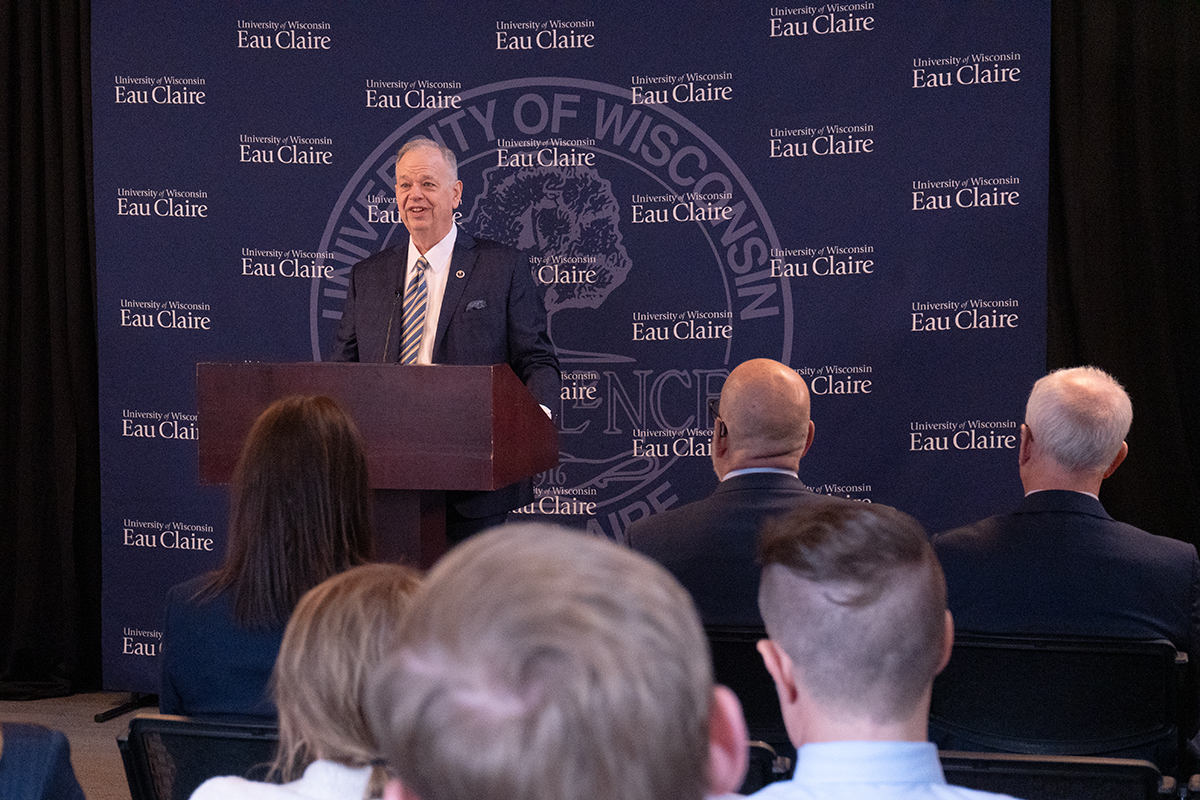Students who attended the Study Abroad Fair and want a follow-up may be interested in what Roger Axtell has to say.
After 25 years of traveling internationally for the Parker Pen Company, Axtell is an experienced resource for those who intend on traveling outside the United States.
Axtell will offer tips about communication and interaction with people overseas from 7 to 7:45 p.m. Wednesday in Hibbard 100.
“There is no excuse for not knowing something about another culture,” international student adviser Phil Huelsbeck said. “To be successful in any field, one needs to know how other cultures operate.
“It is very impressive if you learn at least a few words (of another language) … other cultures are more appreciative.”
Vice president of AIESEC, Alissa Bates, is excited to hear Axtell speak. More than 88 countries and 700 universities incorporate with AIESEC, an organization that helps students to travel abroad while working under a paid internship.
“Broadening people’s minds, body language and gestures will help people’s knowledge and lessen misunderstandings,” Bates said.
For example, giving the thumbs up sign in the United States translates to either “great job” or “I need a ride.” But in Africa, they interpret that as being flicked off.
Gestures are a definite problem because they provoke miscommunication among cultures. Axtell addresses this issue in one of his nine books, “GESTURES: Do’s & Taboos of Body Language Around the World.”
“If you go to their country, you should understand the core of their culture because you are a guest in their country,” Bates said.
Axtell’s speech will be a nutshell version of what students need to know about any culture or country, Huelsbeck said.
Axtell, a graduate of UW-Madison, is an author, speaker, and vice-chair of the Governor’s Task Force on International Education.
He has appeared on several television talk shows in the United States, Canada and Britain.
In 1999, he was appointed to the UW System Board of Regents by Gov. Tommy Thompson and was a consultant for three Wisconsin governors.
Another source of finding information about different cultures is the CULTURGRAM.
Available in the Center for International Education, 111 Schofield Hall, the CULTURGRAM organizes each country’s customs with such topics as diet, history and attitudes.







